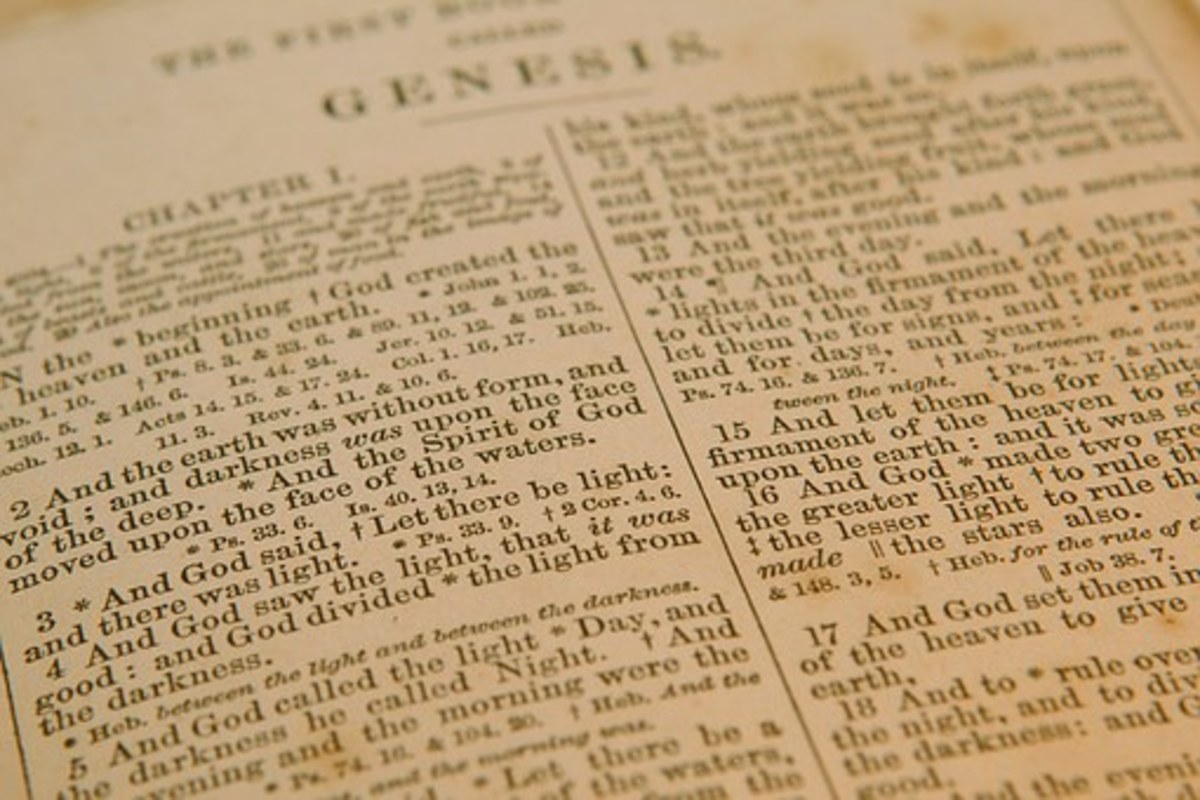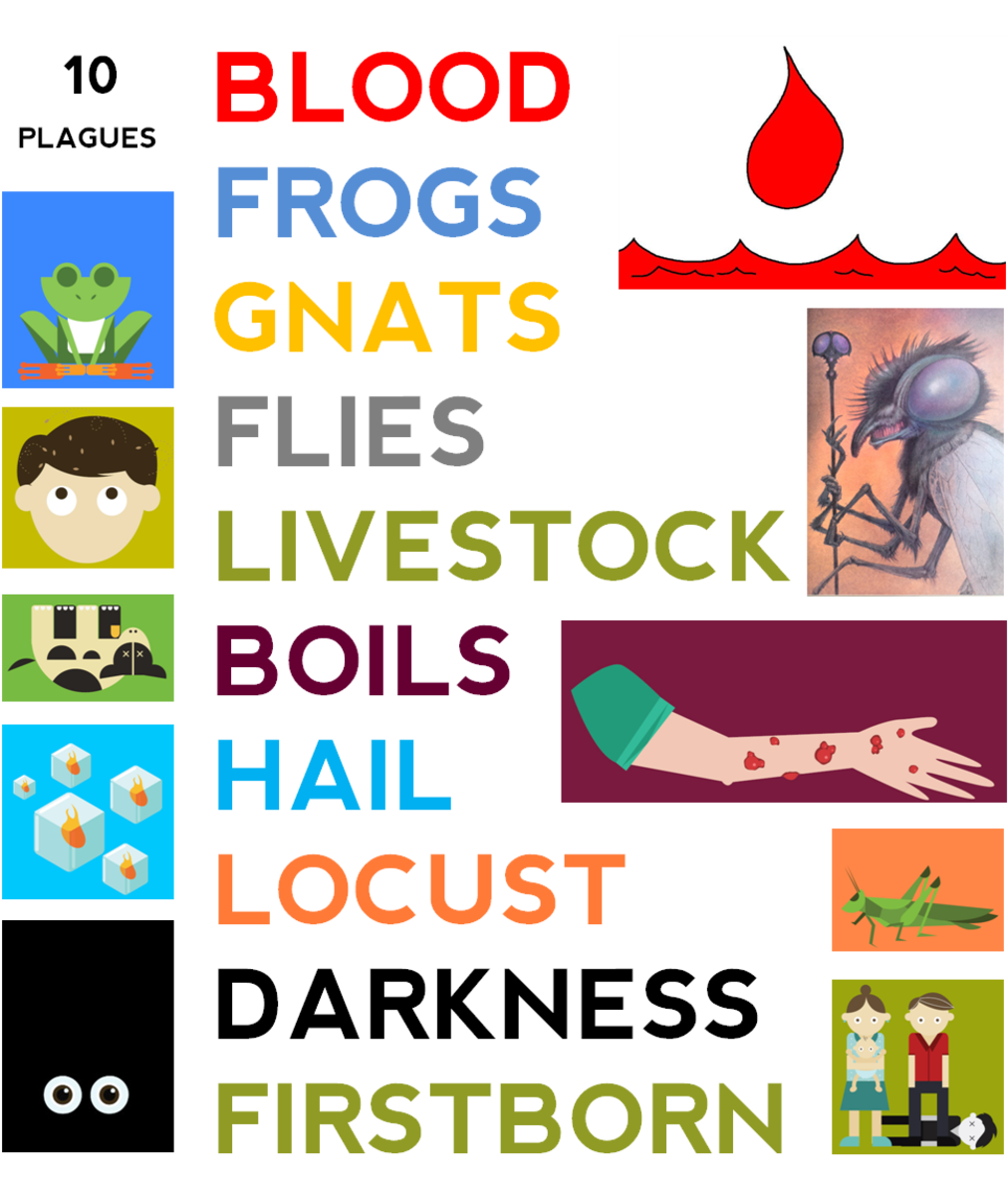Bible: What Does Genesis 41-42 Teach Us About Joseph and His Gift?
The Chief Butler Remembers Joseph
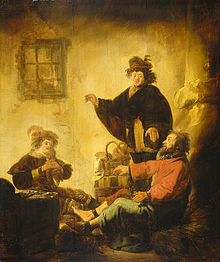
Another Dream Interpreter
view quiz statisticsJoseph Interprets Pharaoh's Dreams
Two years later, Pharaoh himself has two dreams in which he pictures the following items:
(1) seven ugly, gaunt cows consuming seven fine-looking, fat cows by the River (vv. 1-4), and (2) seven thin heads of grain devouring seven plump and full heads (vv. 5-7).
Troubled in spirit the next morning, he seeks an interpretation from his magicians and wise men, yet they have no answers (v. 8; cf. Daniel 2, 4).
Suddenly, the chief butler remembers the prisoner Joseph and his ability to interpret dreams, and he becomes guilt-stricken (v. 9).
He recounts to Pharaoh how Joseph had flawlessly interpreted his dream and that of the chief baker (vv. 10-13).
The king quickly releases Joseph from his cell, and the latter appears before Pharaoh shaved, shorn, and properly attired (v. 14).
After learning from Joseph that God, not he, is the One who reveals answers, Pharaoh relates his dreams as before, yet he also adds a few more comments (vv. 15-24).
Immediately, Joseph gives Pharaoh a detailed interpretation of his dream(s), combining the two into one (vv. 25-26).
A famine of seven years (represented by the seven gaunt cows and seven withered ears of grain) will completely consume all the surpluses of seven good harvests (the seven fat cows and seven good ears of grain) [vv. 27-31].
Joseph also tells him that these years were near, not in the distant future (v. 32), and that he should appoint some wise leader to administer the good years to insure the nations’ survival (vv. 33-36).
The Overseer Joseph
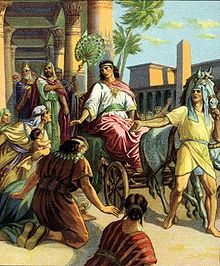
Pharaoh Makes Joseph Overseer of Egypt
Judging Joseph’s advice as sound, Pharaoh wisely selects him as this administrator, because the latter is “a man in whom is the Spirit of God” (vv. 37-40; cf. Dan. 4:8).
Joseph, now overseer of all Egypt, is second in command to Pharaoh; however, he does not yet possess regal authority.
The king grants him all the privileges of rank and power over all the people (vv. 41-44), and even gives him a new name and a new wife (v. 45).
Thirty year-old Joseph travels throughout Egypt, and directs the nation to gather and store an abundance of grain during the years of plenty (vv. 46-49).
Before the famine comes, Joseph begets two sons: Manasseh (“Making Forgetful”) and Ephraim (“Fruitfulness”) [vv. 50-52].
[Manasseh made Joseph forget all his toil and his father’s house, while Ephraim reminded him of how God had made him fruitful in Egypt].
As predicted, the famine comes and spreads throughout the whole Middle East; Egypt, however, has food and becomes the "breadbasket" of all nations (vv. 53-57).
Comment: Through his faithful instrument, Joseph, God saves multitudes from starvation. This episode provides clear evidence of God's common grace upon all humanity.
Joseph Remembers
view quiz statisticsJoseph Sends His Brothers Home To Retrieve Benjamin
Genesis 42
Hearing that Egypt has grain, Jacob sends all of his remaining sons (except Benjamin) to buy some for their families (vv. 1-5).
[Two observations:
(1) What does Jacob mean when he asks his sons, “Why do you look at one another?” Maybe their look means, “Things are hopeless; we’re all going to die!”
(2) Jacob does not trust his sons to keep Benjamin safe (v. 4)].
The LORD fulfills Joseph’s original dream when his brothers bow down to him, the new Egyptian governor and administrator of the grain (v. 6; cf. 37:10).
Recognizing them, Joseph harshly demands that they tell him their land of origin; not recognizing him, they answer obediently and relate to him the purpose of their coming (vv. 7-8).
To pump them for information, Joseph accuses them of spying out the land.
They quickly deny the charge, reiterate their true purpose, and offer a short accounting of their family genealogy (vv. 9-13).
Wishing to test them further, Joseph feigns disbelief of their words (v. 14).
He imprisons them for three days (v. 17), instructing them to choose one brother to stay in prison while the rest return to Canaan and bring back Benjamin (vv. 15-16).
[Joseph “remembered the dreams” (v. 9; 37:5-9); therefore, he devises a plan to bring his family down to Egypt--a plan that included sending one brother back to retrieve Benjamin (vv. 15-16)].
Return of Payment
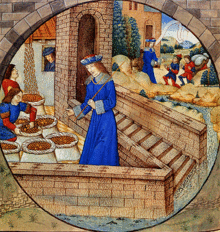
Joseph Returns His Brothers' Payment
On the third day, Joseph reissues the order for one brother to stay behind, while the others retrieve Benjamin to prove that they are not liars (vv. 18-20).
Now the brothers fully feel the pangs of remorse over their treatment of Joseph, believing that they are now paying for their misdeed (v. 21); Reuben self-righteously (?) chimes in with an “I told you so” (v. 22).
Joseph hears their conversation and weeps secretly (v. 24a); nevertheless, he follows through with his strategy, binding Simeon right in front of his brothers (v. 24b).
Joseph graciously gives his brothers all they needed to survive the famine, and he also secretly returns their money to their sacks (v. 25).
This latter gesture, however, negatively affects them, because they think that Joseph will now accuse them of theft as well as of spying (vv. 26-28).
[It is interesting how they now blame God for allowing this calamity to happen to them, as if His causing them to be accused of spying were not enough].
When the sons return to Jacob in Canaan, they recount to him all of the events of their journey (v. 29): the accusation of spying (v. 30), their defense (vv. 31-32), and the lord’s order to imprison one brother and to bring the youngest back (vv. 33-34).
Then they discover that someone had returned their entire payment to them, making them doubly terrified (v. 35).
Beside himself with grief, Jacob laments his losses (v. 36) and refuses to allow Reuben to take Benjamin to Egypt, despite the eldest son's “sacrificial” vow (vv. 37-38).
[Jacob does not even bother to hide his favoritism toward Joseph and Benjamin: the sons of his only true wife].
© 2013 glynch1




